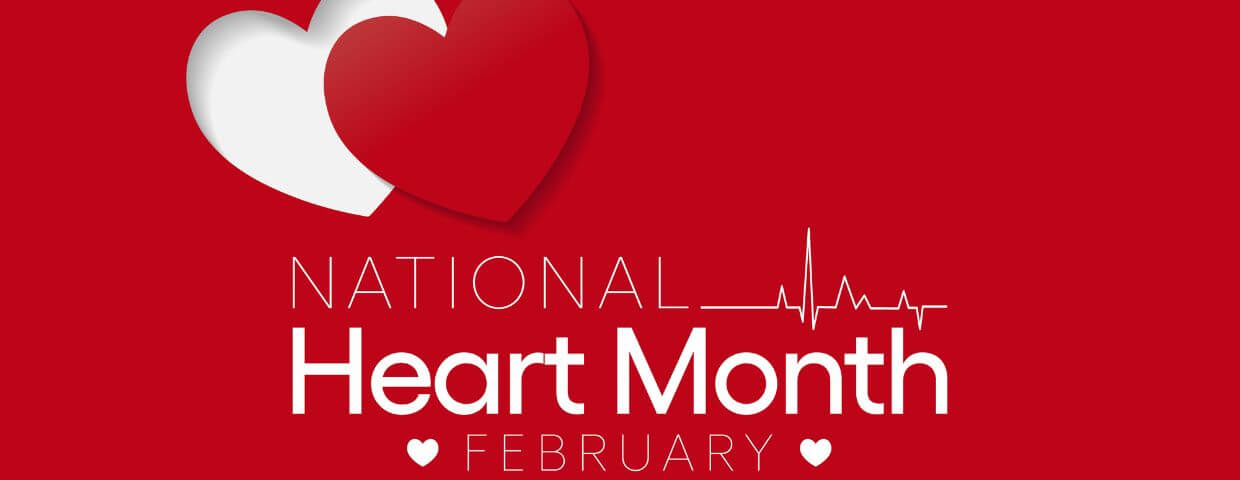
Whether Heart Health Month is close to your heart for personal reasons or you just want to raise awareness about an important issue, February has plenty of opportunities for you. Here are a few key ways to participate alone or with friends and family.
What Is Heart Health Month?
Heart Health Month, also called American Heart Month, is a time to help yourself and others focus on all the elements of cardiovascular health. It takes place in February--a month that already belongs to the heart thanks to Valentine's Day. The idea is to learn, improve your lifestyle, raise awareness, and make changes that could potentially save a life someday.
There are all kinds of resources available for Heart Health Month. The Centers for Disease Control and Prevention (CDC) and the National Heart, Lung, and Blood Institute publish articles, handouts, and other materials to help you learn more about your heart and how to take care of it.
No matter how you choose to participate in Heart Health Month, you'll make a difference in your own life and the lives of your friends, family, and even others in your community and online.
Participating in Heart Health Month
Looking for a way to get involved this February? Here are some of the best ways to participate in Heart Health Month:
#1: Take Heart Health Quizzes
The CDC has published a pair of heart health quizzes to help you gauge your cardiovascular knowledge and maybe brush up on a fact or two. Try them both here:
These quizzes don't just ask helpful questions and give you key information about heart health. They also encourage you to share your results on social media--which is a great way to get others involved, too. Challenge your friends and family to beat your score and increase awareness along the way.
#2: Make Healthy Snacks
DASH (Dietary Approaches to Stop Hypertension) is an eating plan presented by the National Heart, Lung, and Blood Institute. Here are some of the key recommendations:
- Eat healthy foods like veggies, fruits, and whole grains.
- Focus on fish, poultry, beans, nuts, low-fat dairy products, and more.
- Limit saturated fat.
- Limit sugar-sweetened beverages and foods.
To start using the DASH plan, it's best to make changes gradually instead of all at once. That means healthy snacks are a great first step. Get friends and family together to find recipes, make and share DASH meals, and discuss how this shift could fit into your everyday life.
#3: Share Your Story
Have you had one of many types of heart surgery? Did you experience a heart health scare? Do you have a story to share about how you or a loved one improved cardiovascular health to live a longer, happier life? If so, this is the perfect time to share. Whether you tell your story on social media (using a variety of available Heart Health Month hashtags) or chat in real life, you could have an impact on someone wondering how to take the next steps in their own heart health journey.
#4: Create a New Exercise Plan
Even if you live an active lifestyle already, there's no harm in switching things up. There are plenty of ways to build a heart-healthy exercise plan, and it can start with something as simple as taking a walk with loved ones or challenging yourself to do a certain number of jumping jacks during the commercial break of your favorite show.
#5: Learn The Facts
Did you know that heart disease is a leading cause of death for both men and women in the US? How about the fact that people who have close relationships tend to be healthier and live longer? These facts, offered by the National Heart, Lung, and Blood Institute, are just a few things you can learn when researching Heart Health Month and related topics.
February is a great time to focus on your heart--and not just for Valentine's Day.
Want to learn more about cardiovascular health, heart surgery, and post-surgery care? Contact us today.
